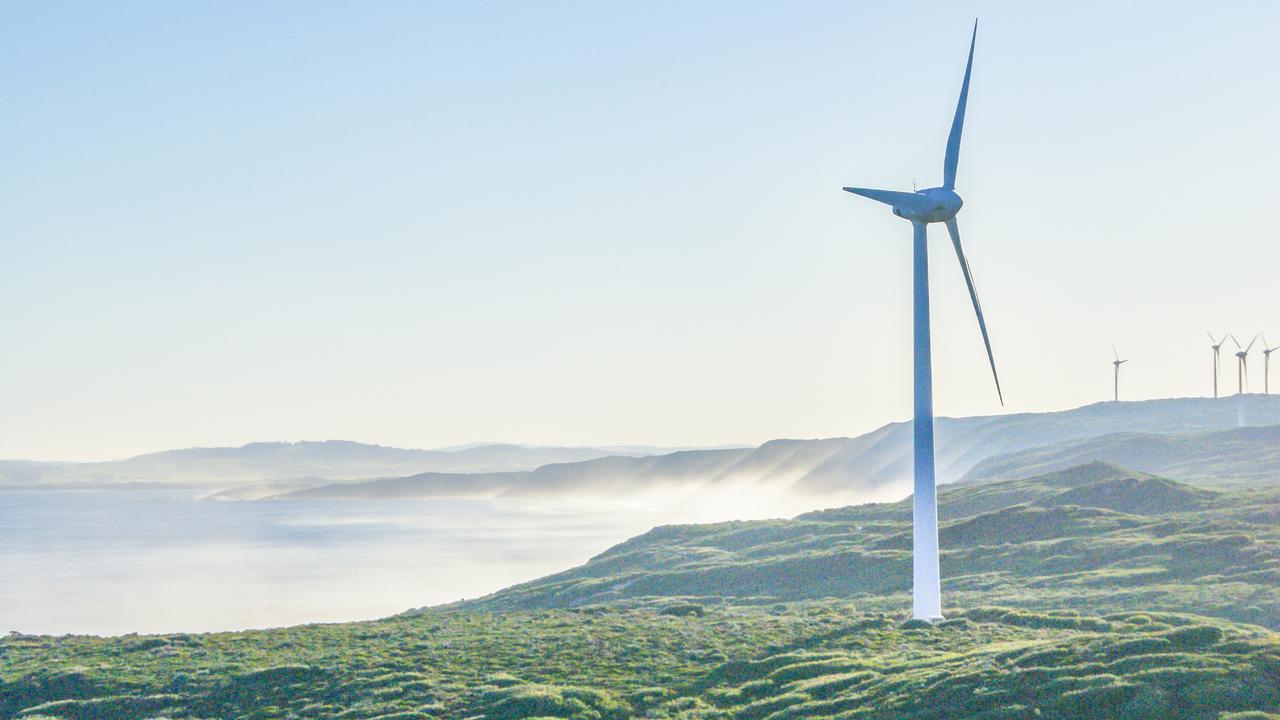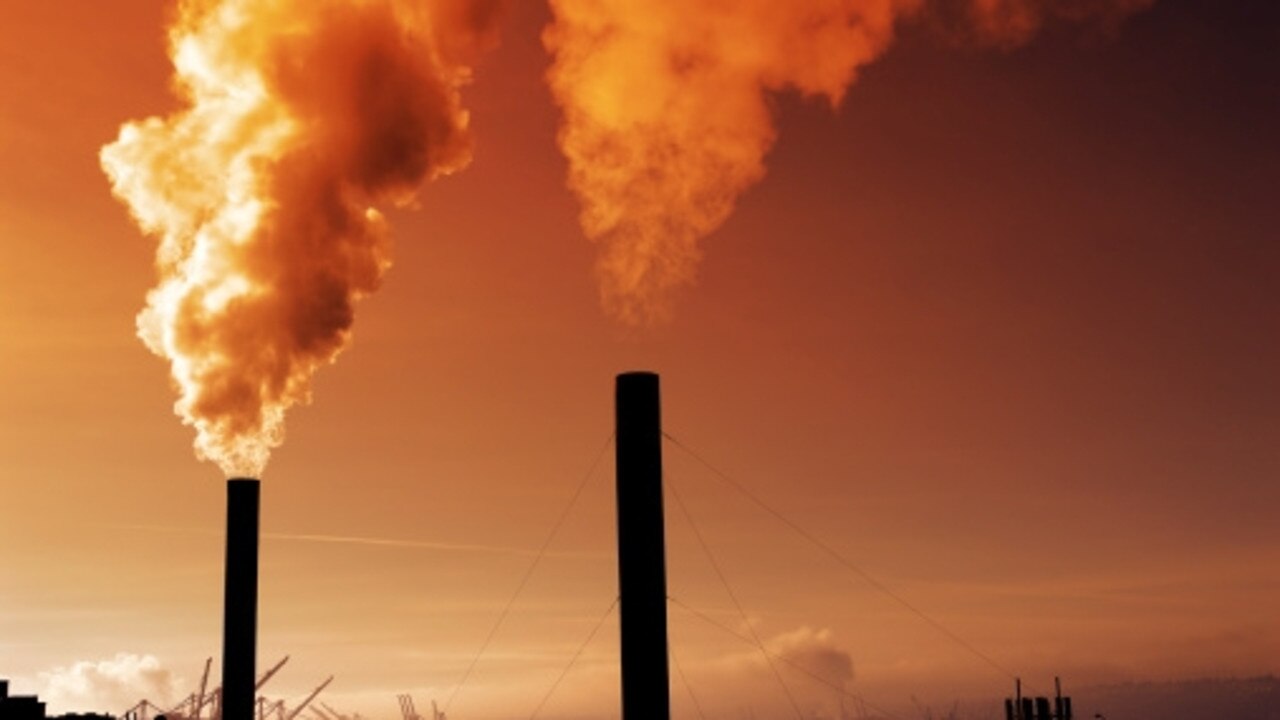Pyne cuts down Frydenberg over carbon price talk for energy sector
Coalition figures Christopher Pyne and Josh Frydenberg clash over a government review of climate change policies.
Disunity has broken out within the Coalition over a government review of climate change policies, with senior frontbencher Christopher Pyne flatly rejecting any carbon pricing for the energy sector.
UPDATE: Bernardi: Carbon pricing ‘economic suicide’
This followed South Australian Labor Premier Jay Weatherill — who clashed with Malcolm Turnbull over energy policies after two major blackouts in his state — welcoming federal Energy Minister Josh Frydenberg’s indication the Turnbull government might consider a national emissions intensity scheme, a type of carbon pricing for trading credits among energy companies.
But Mr Pyne, the Minister for Defence Industry and a South Australian moderate, yesterday said the government would not support any form of carbon tax.
Asked whether a price on carbon in the energy sector might help improve the stability and affordability of power supplies, Mr Pyne said, “no”.
“The last carbon tax was a $15.4 billion hit on the Australian economy,” he said. “As soon as that was removed, of course, energy prices dropped quite dramatically. So we have absolutely no intention of returning to a carbon tax. We will meet and surpass our 2020 emissions targets with the policies we have in place. We have an ambitious target for 2030 of 26 to 28 per cent reductions ... we are doing all the things that you would want to do to protect our environment.”
Mr Pyne was backed by South Australian Liberal senator Cory Bernardi, who last night told The Australian that opening up a review that looked at an emissions intensity scheme for electricity generators was “one of the dumbest things I have ever heard”.
“Why on earth would you reopen a cauterised wound that had healed?” Senator Bernardi said. “It will not lower prices and is not in the national interest.”
This comes as the Alcoa’s Portland aluminium smelter in Victoria — damaged during last week’s power blackout that also affected South Australia — remained crippled yesterday due to damage to a potlines that processes liquefied aluminium, equating to about 60 per cent of its output capacity.
A costly repair job will be required to restore full capacity. The smelter could be losing up to $1 million revenue daily meanwhile. The plant employs 680 people and supports more than 2000 jobs in regional Victoria.
BHP Billiton, which like Alcoa suffered an operational outage during last week’s blackout, has warned that without urgent policy reform at a national level, investment and jobs were at risk.
Mr Weatherill yesterday said a national emissions intensity scheme was likely to be recommended by a review of the national energy market, led by chief scientist Alan Finkel.
“It is something we have advocated for and it’s a sensible reform. Of course we want it to be implemented and soon. We’ve asked for the Finkel review to be brought forward and it’s pleasing that the review that was going to be in 2017 is ready to commence now.”
The Premier said an EIS was “an excellent policy because it gives you affordability, stability and cleanliness in relation to your electricity system”.
“It allows us to continue to play our clean, cheap renewable energy into the national electricity market but also have the stability of a baseload generator,” he said.
Under the scheme, power generators would be penalised for emissions above a baseline level by having to buy offsetting credits from rival producers, whose intensity was below baseline. This would result in brown and black coal electricity generators having to buy credits from gas, wind and solar generators.
In September, before the statewide blackout, the South Australian government commissioned Frontier Economics to model a national EIS. A spokesman for the Premier last night said the modelling was “advice to the government and hasn’t been released”.
The Australian Energy Council said the electricity system was “visibly deteriorating”, as had been shown by recent blackout events in South Australia, and as large power stations were decommissioned without planning to replace them.
Federal Labor’s energy spokesman, Mark Butler, yesterday slammed the government for “essentially abandoning” a renewable energy target beyond 2020, declaring that without one, “Australia’s emissions will inevitably continue to grow”.




To join the conversation, please log in. Don't have an account? Register
Join the conversation, you are commenting as Logout